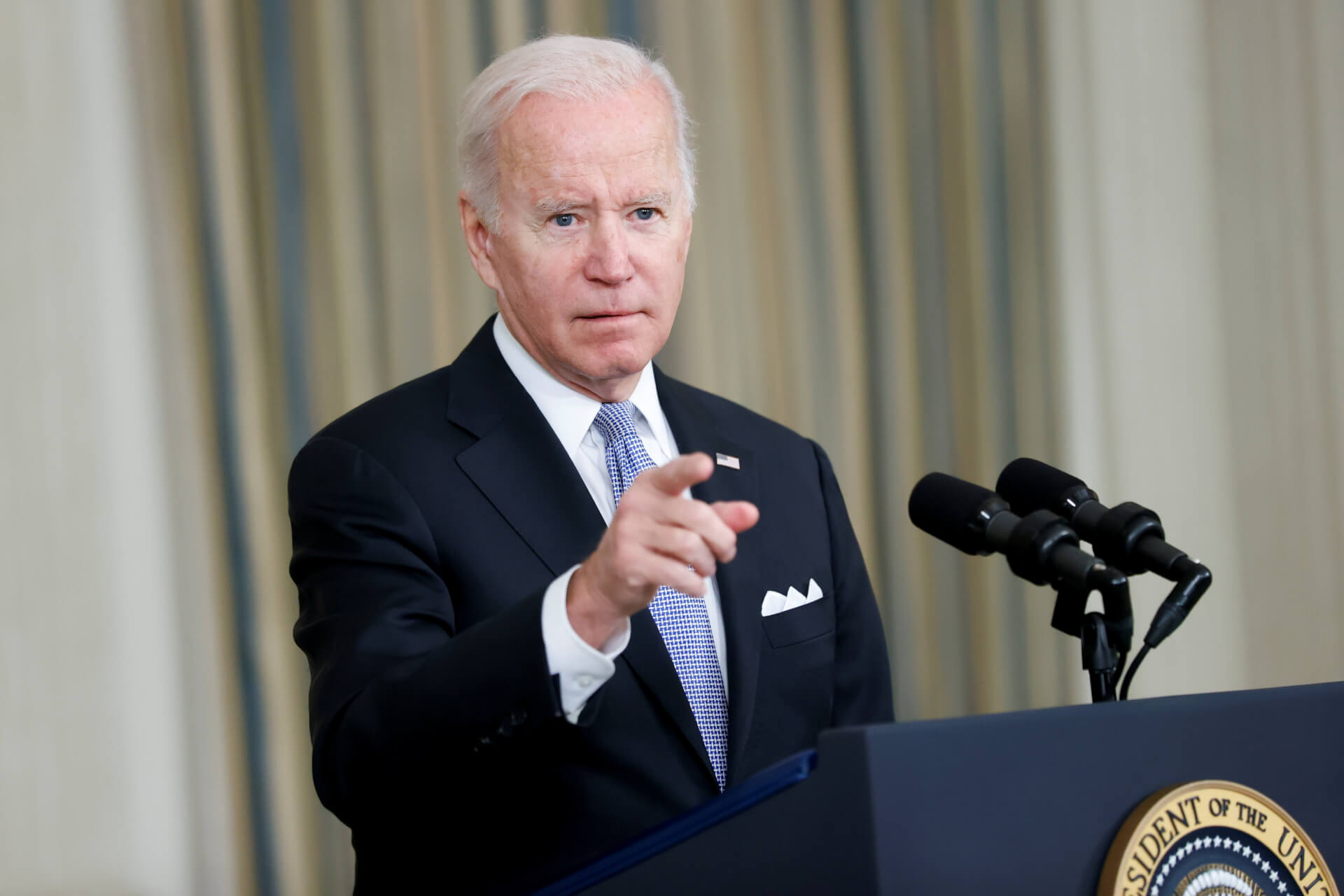On Tuesday, United States (US) President Joe Biden issued two separate notices regarding the ‘Continuation of the National Emergency’ with Iran and China.
Both notices come under America’s International Emergency Economic Powers Act, which deals with “the unusual and extraordinary threat to the national security, foreign policy, and economy of the United States.”
Iran
In the notice about Iran, President Biden explained that “relations with Iran have not yet normalised, and the process of implementing the agreements with Iran, dated January 19, 1981, is ongoing.”
Bilateral ties with Iran have been under continued stress, particularly after former US President Donald Trump withdrew from the Joint Comprehensive Plan of Action (JCPOA), also known as the Iran nuclear deal, in 2018.
Trump followed the withdrawal from JCPOA with a maximum pressure policy on Iran that included strict economic sanctions. In retaliation, Iran breached the agreement in 2019 and intensified its nuclear programme, exceeding limits on its stockpile of low-enriched uranium, eventually reaching near-weapons-grade levels.
Trump’s decision to then assassinate Iranian military commander Qassem Soleimani in January 2020 dramatically escalated the hostility between the two countries.
Biden has been seeking to repair the damage caused by his predecessor by re-engaging in dialogue. A few weeks ago, US Special Envoy for Iran Robert Malley said that efforts to possibly restore the 2015 nuclear deal are at a “critical phase.”
Washington’s issuance of the notice comes after Iran’s Foreign Ministry spokesperson, Saeed Khatibzadeh, said earlier this week: “The US should show that it has the capability and will to provide guarantees that it will not abandon the deal again if the talks to revive the deal succeed.”
Both countries will participate in a meeting chaired by the European Union in Vienna on November 29.
China
In the notice regarding China, Biden highlighted how the People’s Republic of China (PRC) poses a national security threat. He said, “[The] PRC is increasingly exploiting United States capital to resource and enable the development and modernization of its military, intelligence, and other security apparatuses.”
Washington’s main point of concern was that “through the national strategy of Military‑Civil Fusion, the PRC increases the size of the country’s military-industrial complex by compelling civilian Chinese companies to support its military and intelligence activities.”
In October, the US Federal Communications Commission (FCC) issued a ban on China Telecom Americas, the largest Chinese telecom company operating in the US. The FCC cited security concerns over China Telecom’s association with the Chinese state.
Since 2019, the US has listed several Chinese companies, including Huawei, ZTE, Hytera Communications, Hangzhou Hikvision Digital Technology and Zhejiang Dahua Technology, on a national security threat list.
In October, American retail giants Best Buy, Home Depot, and Lowe’s removed surveillance technology products made by Chinese-state affiliated companies Lorex and Ezviz from their stores after reports regarding the companies’ links to human rights abuses against Uyghurs in China were made public.
Washington’s notice comes after the Justice Department on Friday convicted Chinese citizen Xu Yanjun over economic espionage charges. Xu was found to be plotting to steal trade secrets from several US aviation and aerospace companies. According to Chinese Foreign Ministry spokesperson Wang Wenbin, however, “the allegation is pure fabrication.”
US Issues ‘Continuation Of National Emergency’ With Iran and China
Ahead of talks with both Iran and China, the US issued notices deeming certain activities undertaken by the two countries as a threat to national security.
November 10, 2021

United States President Joe Biden SOURCE: REUTERS
